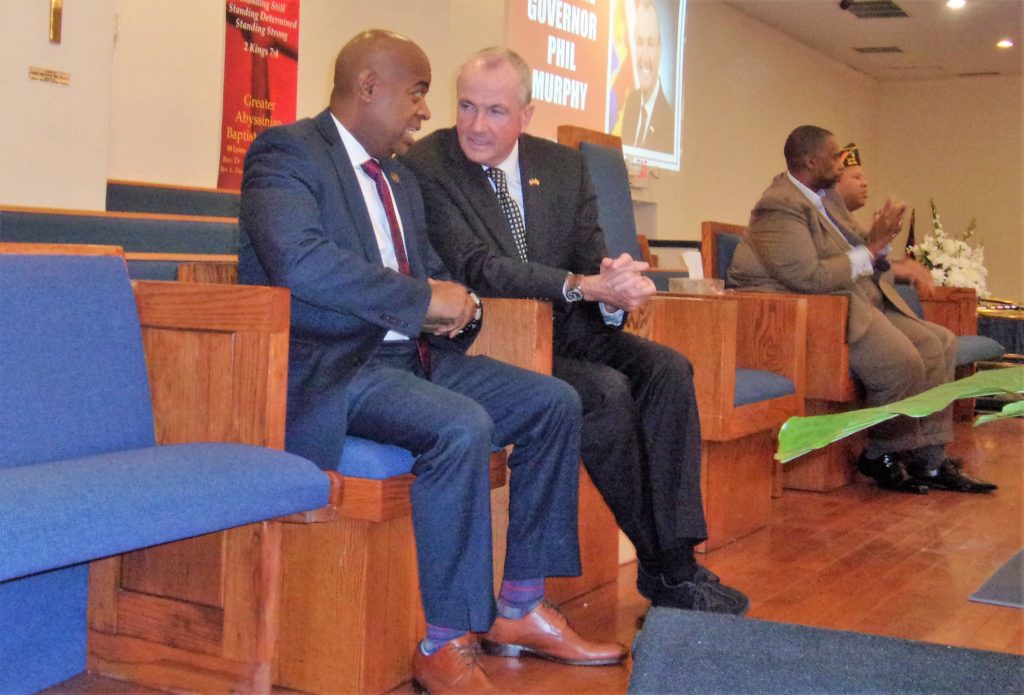Joint Statement from Governor Murphy and Newark Mayor Baraka on Establishing a New Secure Youth Residential Center in North Jersey

“Over the past two decades, a bipartisan coalition of New Jersey leaders has worked to transform our juvenile justice system and make it a model for the rest of the country. And yet we still have much more work to do. Despite recent progress, New Jersey still owns the shameful distinction of having the largest black-white youth incarceration gap in the nation. To help reduce this disparity, we believe in the continued transformation of our juvenile justice system to prioritize treatment, rehabilitation, and positive reinforcement for young people.
“In October, Governor Murphy signed an executive order creating a Task Force for the Continued Transformation of Youth Justice in New Jersey to ensure that our juvenile justice system reflects our values, including safety, dignity, and fairness. The Task Force is comprised of people directly impacted by the criminal justice system, juvenile justice agencies, and key community stakeholders and is charged with promoting strategies to reduce recidivism and provide recommendations to improve our juvenile justice system.
“New Jersey’s Juvenile Justice Commission is and will continue to be a national model for progressive reform. Since New Jersey began partnering with the Annie E. Casey Foundation in 2004, New Jersey has reduced the number of juveniles detained in both county and state facilities by 80 percent – and youth of color account for more than 80 percent of this reduction. We remain committed to working with community stakeholders and various law enforcement agencies to ensure we employ best practices in continuing the tremendous work that the JJC has done to transform youth justice.
“These reductions in the juvenile detention population have allowed New Jersey to make significant progress towards its goal of closing the Jamesburg facility and moving towards a decentralized, community-based model that allows youths to receive best-in-the-nation rehabilitative and treatment services while being housed closer to home. The fact remains that a small number of juveniles engage in serious, violent conduct, and we must find a safe, secure way to house them – one that ensures public safety while also departing from the more punitive practices of the past.
“We look forward to the opening of smaller regional centers to allow young people the ability to be closer to their families and home communities. These regional sites will provide a secure residential setting for young offenders while providing treatment, rehabilitative services, and community space. Unfortunately, there has been misinformation spread over the past few days by those who are opposed to any sort of secure youth residential center.
“We remain deeply committed to transforming our juvenile justice system in New Jersey and look forward to working with advocates, community members, and partners in law enforcement to address the disparities in our incarcerated youth population.









